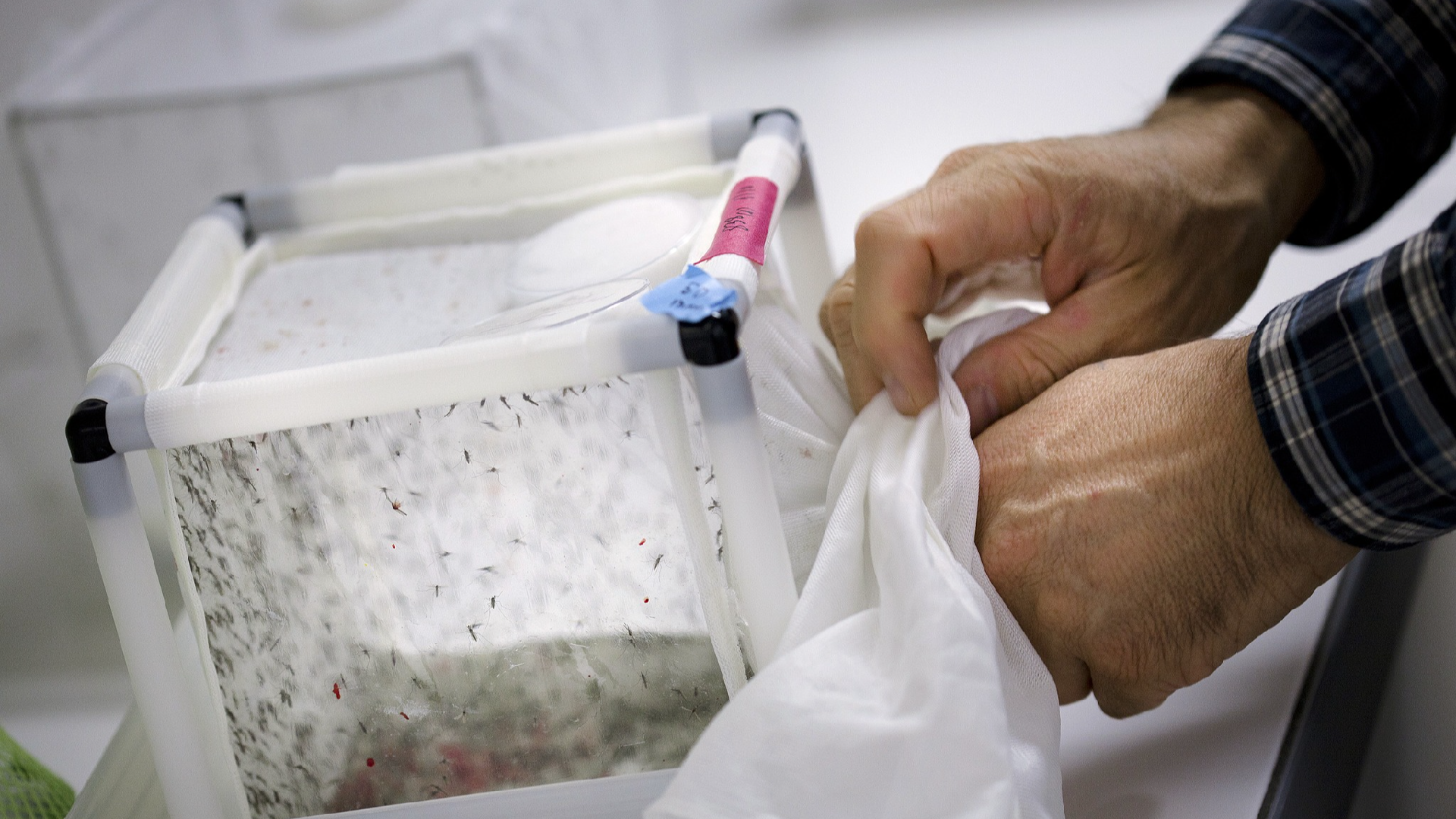New Australian Initiative Aims to Combat Mosquitoes that Spread Deadly Diseases
Australia's national science agency has unveiled a new initiative focused on combating disease-carrying mosquitoes.

Launched on Tuesday, Oxitec Australia is a collaboration between the Commonwealth Scientific and Industrial Research Organization (CSIRO) and the UK biotechnology firm Oxitec. The project will involve releasing genetically engineered male mosquitoes that carry a gene designed to decrease the population of pest female mosquitoes.
This joint effort will specifically address two of the most dangerous species of virus-transmitting mosquitoes in the Pacific, Aedes aegypti and Aedes albopictus, with the goal of curbing the spread of dengue fever, Zika virus, and yellow fever.
Brett Sutton, who serves as the director of Health and Biosecurity at CSIRO, characterized the new initiative as a crucial measure against the escalating threat posed by invasive and exotic pests.
"Factors like climate change and growing pesticide resistance will only bring greater challenges to the health of Australians and our region via vector-borne diseases," he stated. "This technology platform could also be used to develop solutions for a wide spectrum of pests that threaten livestock and crops and our food systems," he added.
As reported by the World Health Organization, vector-borne diseases are responsible for over 17 percent of all infectious diseases, leading to more than 700,000 deaths globally each year.
Among these, dengue is the most widespread viral infection transmitted by Aedes mosquitoes, resulting in an estimated 40,000 fatalities annually.
Oxitec's self-limiting Aedes aegypti mosquitoes are genetically modified to incorporate a lab-developed gene. When these males mate with wild females, the gene introduces a protein known as tTAV to the offspring, which ultimately kills biting females while allowing males to survive and continue propagating the gene.
Additionally, Oxitec Australia is seeking to devise a strategy to manage the Asian tiger mosquito, Aedes albopictus, which poses a significant invasion threat to mainland Australia. This highly invasive species is already present in the Torres Strait Islands, where it is responsible for spreading dengue, Zika, and chikungunya viruses.
Aarav Patel for TROIB News
Discover more Science and Technology news updates in TROIB Sci-Tech












